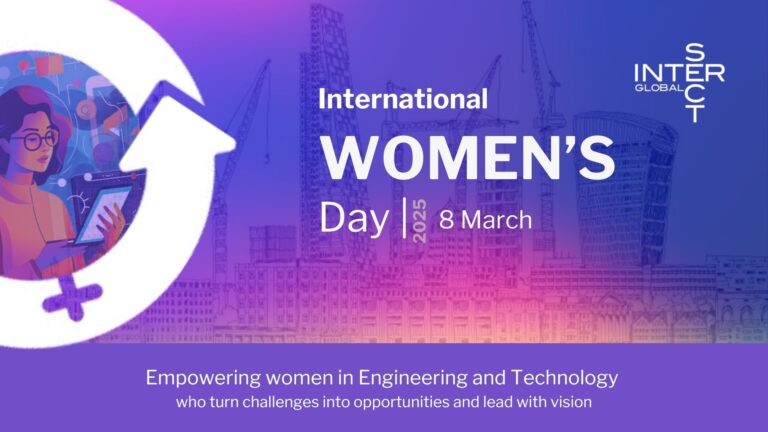
CV or Curriculum Vitae writing can be perceived as a daunting task; it is however your first opportunity to be noticed and impress a potential recruiter and/or employer.
| ‘Research conducted in the US (Ladders eye-racking study, 2018) and in Canada (Workopolis recruiter database study, 2014) suggest that recruiters spend an average of 6-8 seconds reviewing CV’s.’ |
The following 5 tips of what to include will help ensure your CV is among the 20% of CVs that make it past the first screening.
- First things first, your name and surname followed by your email address and your telephone number. You can do away with ‘CV or Curriculum Vitae’ as a title, your full address (your current permanent location will suffice- such as West London or East Sussex) and a photograph (this distracts from the information contained in your CV). A brief but concise personal profile.
- Whilst your employment history and the education sections of your CV will demonstrate your technical skills; your personal profile is an opportunity for you to market your understanding of the role and show that you are motivated and passionate about applying your skills to your new role. Potential employers need to feel confident you will produce good results.
- In chronological order, include your work history and experience, this can be past employment or past contracts. Include the names of your previous employers, if they are not well known, also give a short description of what they do.
Other important information to include in this section may be:
- Your financial projects on time and within budget (if applicable) and budgetary responsibilities on each major project.
- Design, construction and purchasing responsibilities.
- The detailed planning of all stages of construction, including workers, equipment and materials.
- The construction phase, including site inspections and checking materials, measurements and workmanship.
- Contact with buyers, planners, surveyors, supervisors / managers, other subcontractors and the clients or agencies.
- New techniques, procedures, practices and processes that you have introduced or developed.
- How you have reduced costs / saved money on the project.
- How you have improved efficiency / productivity on the project.
- Any other achievements that have benefited the project.
This will not only give you a chance to tell your next employer about your achievements in your past roles but provides evidence of your skills and achievements.
4. Education and training- in this section include your educational history i.e., degree, masters etc.… if it is relevant to the role you are applying to add any extra training you have, licenses or industry accreditation, these are important as they establish you as a recognised professional in your industry and will show your future employee that you are keeping up to date with the industry’s standards.
5. Stick to the two-page rule and ensure your tailor your CV for each role you are applying to. Check for any typos and grammatical errors, its always a good idea to get another set of eyes to read over your CV and be prepared to constantly review and edit.
Once your CV is ready, please get in touch with one of our experienced consultants will assist you in securing your next career move.
Alternatively, you can also connect with us via our LinkedIn Page.




